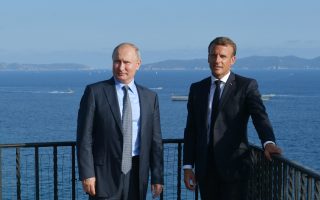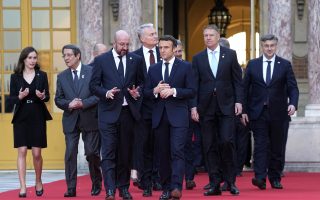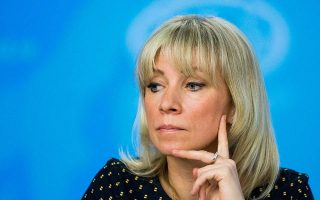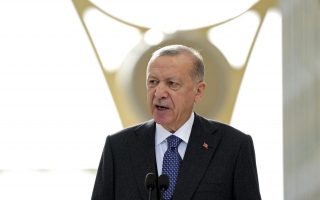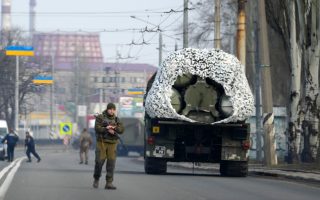A European doctrine for the 21st century
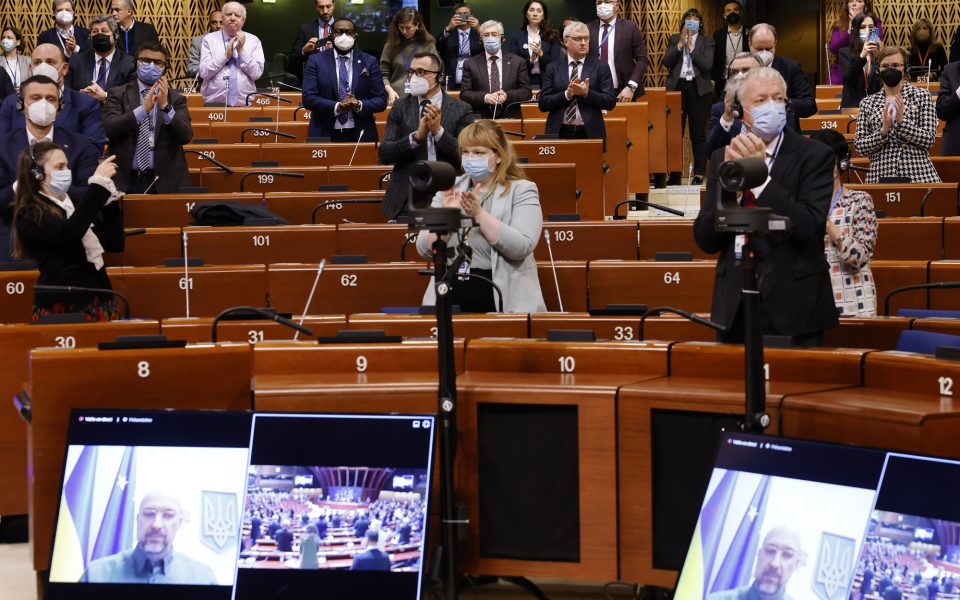
The war in Ukraine has brought ghosts of the 20th century hovering over Europe: the leveling of cities by Russia, millions of Ukrainian refugees, the mass exodus of Russian dissidents to neighboring countries, the armaments race, and the risk of nuclear conflagration. These ghosts are driven by an idea that has haunted Europe since World Wars I and II: the idea of vital space. Although the term “Lebensraum” associated with Hitler is not used, Russia’s attack on Ukraine is explained – and justified by some – as a natural reaction to the West’s penetration in countries that for decades were considered to be in the sphere of influence of the Soviet Union and, after its collapse, Russia.
Clinging to the idea of spheres of influence, Henry Kissinger and Jack Matlock, former US ambassador to the Soviet Union and historian, warned in 2014 that NATO’s eastward expansion would lead to a decisive reaction from Russia. Putin did not refute them. What Kissinger and Putin have in common is a nostalgia for the mutual recognition of spheres of influence; this was the basis for the preservation of peace during the Cold War years. This tacit agreement between the superpowers had collateral damage: the truncation of the self-determination of entire nations and the freedom of their citizens. The histories of Hungary, Czechoslovakia, Poland and Greece have been marked by this policy.
And yet, the world today is not the world in which the dinosaurs of the Cold War were raised. There are two key differences. Firstly, the countries that have broken free from the Soviet Union may have shown signs of corruption and the undermining of democratic institutions, but their citizens have experienced three decades of freedom, independence, democracy and respect for human rights, and they are not prepared to become the collateral damage of geopolitical schemes again. The unexpectedly fierce resistance of the Ukrainians is proof of this. Secondly, because of climate change, humanity is today facing an existential threat that cannot be dealt with without joint action by states. Future geopolitical changes will be dictated by nature. Rising seas will wipe out islands and coastal areas. Melting ice will make accessible the treasures in the subsoil of hitherto inaccessible regions; traditional food suppliers will be replaced by others. Europe cannot play its leading role in meeting this challenge if it is a battleground, with Russia either on the sidelines or in the trenches. Addressing the world’s major problems by returning to the doctrine of spheres of influence is like reading Clausewitz to see how to resist cyberattacks.
There are 18 foreign policy doctrines that owe their names to American politicians, from Monroe to Obama. By contrast, the European production of similar doctrines is meager, in keeping with Europe’s limited influence in the arena of world politics. Today, however, the European Union needs a clear doctrine of its own to ensure its future role in the globalized world. It is the commitment that it will never recognize border or territorial status changes imposed by military means and will resolutely resist them by any appropriate means. The EU needs this doctrine because a number of states, both within the EU and on its borders, face a direct threat from the revival of variations of the concept of vital space: Ukraine, Moldova, the Baltic countries, indirectly Poland and Finland and, of course, Greece, with Erdogan considering the Aegean to be Turkey’s vital space. The EU needs this doctrine because without a pacified continent, from the Atlantic to the Black Sea and from the Laptev Sea to the Mediterranean, and distracted by the constant threat of war, it cannot possibly have an impact on global policies.
Today we find it difficult to imagine a Russia that would accept this doctrine and live in a “European House” instead of undermining it. But let us remember how utopian a Franco-German partnership would have seemed in 1945. And yet, just six years later France and Germany jointly founded the European Coal and Steel Community, which laid the foundations for the EU. Europe cannot afford new divisions. It needs Russia as a partner. Russia does not need Putin and his circle in order to be a power with dignity. Only decisive policies can rid the world of Putinesque regimes, paving the way for the international joint actions that the survival of humanity urgently needs.
In crises such as the present one, small states can play a role more important than their size. According to the Ellemann-Jensen doctrine, which owes its name to the Danish minister for foreign affairs from 1982 to 1993, small states can exert considerable influence by supporting powers that share the same values. So here is a stage for Greek diplomacy, for the benefit of both Greece and the leading role that Europe must play in the world.
Angelos Chaniotis is a professor of ancient history and Classics at the Institute for Advanced Study in Princeton, NJ.
